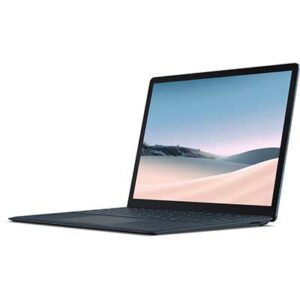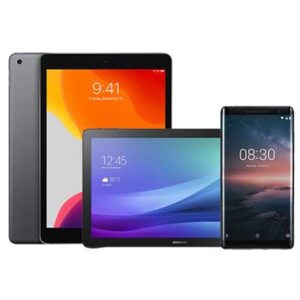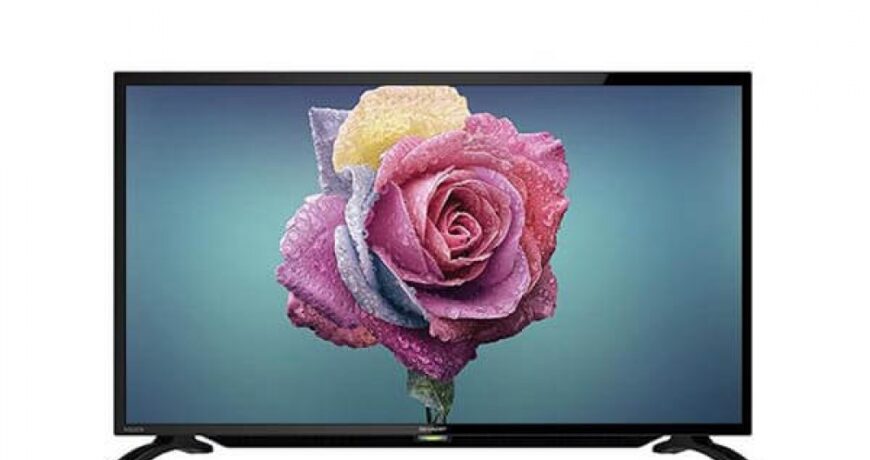Best TV For Streaming And Entertainment Leave a comment
Television, usually known as TV, has become a vital part of our everyday life. From its modest origins as a black-and-white box transmitting restricted channels to today’s technologically savvy smart TVs with access to innumerable streaming services, TV has developed dramatically over the years.
In this post, we will analyse the intriguing history, effect, and future of television as the ultimate entertainment medium.
The Evolution Of TV
- The Birth Of TV
Television was formed out of the brilliant brains of innovators like John Logie Baird, who exhibited the first operational television system in the 1920s. However, it wasn’t until the 1950s that TV sets became ubiquitous in families, marking the beginning of a new age in entertainment.
- The Golden Age Of TV
The 1950s and 1960s are generally referred to as the Golden Age of Television. It was a period when families gathered around their TVs to watch legendary series like “I Love Lucy” and “The Twilight Zone.” Television became a common experience, linking individuals throughout the country.
- The Colourful Transformation
The arrival of colour television in the 1960s provided a new dimension to the watching experience.
Audiences may now experience colourful and realistic pictures, making TV programmes and movies more fascinating than ever before.
- Cable And Satellite TV
The 1980s witnessed the development of cable and satellite television, bringing a broader selection of channels and programmes.
This development enabled viewers to discover different material according to their interests, giving birth to specialty channels for sports, news, movies, and more.

TV In The Digital Age
- The Internet And Streaming Services
The 21st century brought us a digital revolution, and television was fast to adopt it. With the growth of the internet and high-speed connection, streaming services like Netflix, Hulu, and Amazon Prime Video arose, allowing on-demand access to a vast collection of episodes and movies.
- Smart TV And Interactive Viewing
Smart TV has been a game-changer in recent years. These internet-enabled gadgets provide seamless integration with streaming platforms, social networking, and even voice-controlled assistants, enabling users to tailor their entertainment experience.
- The Influence Of Social Media
Television and social media go hand in hand nowadays. Viewers engage in live-tweeting during episodes, join in fan groups, and analyse plot twists online. Social media has changed TV into a shared, participatory experience.
The Impact Of TV On Society
- Shaping Culture And Identity
Television has a crucial impact in defining culture and national identity. Through TV series and documentaries, viewers acquire insights into diverse cultures, customs, and historical events, developing understanding and empathy.
- Education And Informative Programming
Beyond amusement, television acts as a great instructional tool. Educational channels and documentaries give information on a broad variety of subjects, making learning exciting and accessible to everybody.
- Advertising And Consumerism
Television has been a strong tool for advertising, influencing consumer behaviour and driving market trends. Commercials and product placements have a considerable influence on viewers’ purchase choices.
The Future Of Television
- Virtual Reality And Augmented Reality
The future of television resides in immersive experiences, such as virtual reality (VR) and augmented reality (AR).
With VR headsets, viewers can walk into a virtual world and engage with their favourite programmes, while AR improves the watching experience by overlaying digital material on the actual environment.
- Personalised Content Recommendations
Advancements in artificial intelligence have opened the door for tailored content suggestions.
Streaming providers increasingly utilise algorithms to assess users’ interests and recommend material customised to their liking.
- 8K Resolution And Beyond
Technological improvements have led to increased screen resolutions, with 8K TVs currently hitting the market.
As display technology continues to advance, viewers should anticipate increasingly more realistic and lifelike graphics.

Conclusion
TV has gone a long way since its debut, transforming the way we consume entertainment, information, and culture.
From the communal experience of the Golden Age to the customised streaming age, TV has adapted to the shifting demands and interests of its viewers.
As technology continues to progress, the future of TV promises ever more fascinating and immersive experiences.
FAQs About TV
Is TV still important in the era of streaming services?
Absolutely! While streaming services have gained in popularity, TV still delivers live events, news, and a varied choice of channels, appealing to different interests.
Can television have a harmful influence on society?
Like other kinds of media, excessive usage of television may have detrimental impacts, such as increased sedentary behaviour. However, when viewed carefully, TV can be a source of knowledge and amusement.
What is the most-watched TV programme of all time?
As of today, the conclusion of “MAS*H,” which debuted in 1983, remains one of the most-watched television programmes in history.
Are smart TVs protected against cyber threats?
Manufacturers routinely update smart TVs with security fixes to defend against cyber attacks.
However, users should also take measures, such as using secure passwords and keeping the software up to date.
How will developments in TV technology affect content creation?
Advancements like VR and AR will transform content production, enabling producers to construct interactive and immersive experiences, blurring the barriers between narrative and audience engagement.












